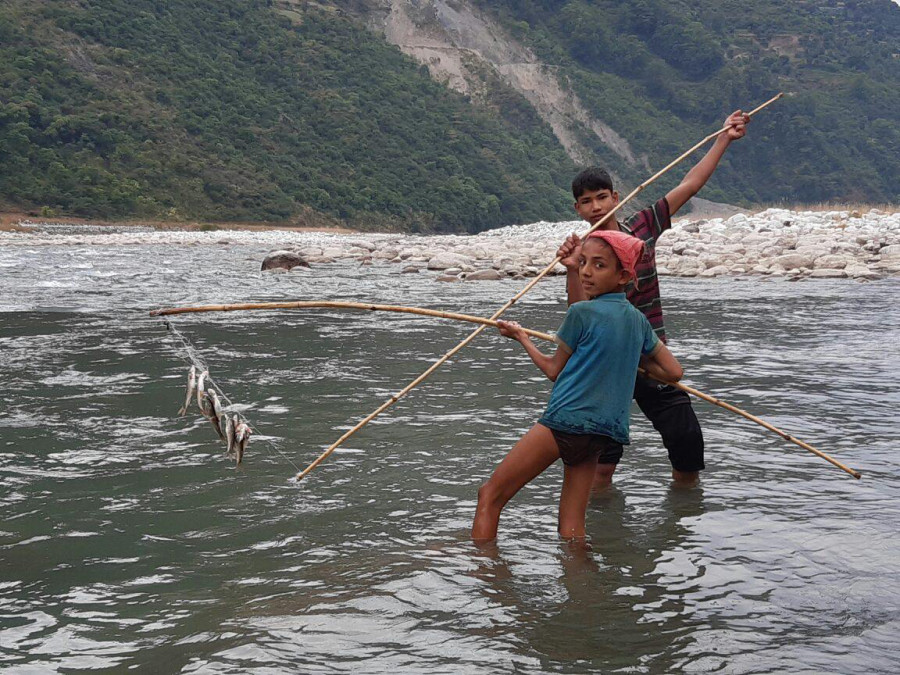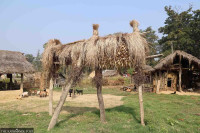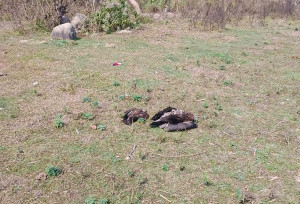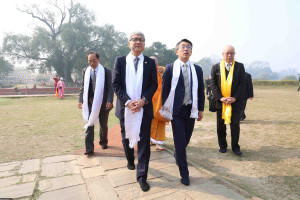Lumbini Province
Students in Rukum (East) put their fishing skills to good use
Besides paying their tuition fees, some of the boys have been supplementing their families’ income with the money they make by selling fish.
Hari Gautam
Nanda Ram Sunar, 15, goes fishing every day after school. Sunar says he has been making a trip to the nearby Saniberi river for the past couple of years—every day for nine months in a year, barring the three months when the water level in the river plummets.
Sunar, who lives in Jamabagar, spends two hours every evening fishing and heads home carrying his catch. Along the way, he sells the fish in Sisne bazaar.
“This is how we make our living,” said Sunar. “I earn enough money to pay my school fees and also support my family.”
Sunar is not alone in the school following this practice. For many boys from villages as far as Rangsi, Jamabagar, Tribeni, Deukhola, Pwang, Pokhara and Syalapakha, fishing in the evening is a ritual. Some of them are as young as 10.
“I also share my income with my parents,” said Shailendra Khadka, an eighth-grader from Sisne, who says he has been fishing in the river “for a long time.”
Locals confirmed to the Post that besides paying their tuition fees some of the boys have been supplementing their families’ income with the money they make by selling fish.
“Boys pay their education expenses and also support their families,” said Kaman Singh Khatri, a teacher at Saujanya Basic School in Sisne. “They are taking advantage of the river that flows near their settlement.”
Although seniors and elderly citizens often suggest boys not to enter the river, the boys don’t heed their advice.
Jeevan KC, chairman of Sisne Rural Municipality Ward No. 2, said that they had warned the boys against entering the high-current river. “They have to risk their lives while fishing in the river,” KC said. “But they don’t listen to us. They say they have to go fishing to support their family.”




 9.83°C Kathmandu
9.83°C Kathmandu.jpg)















